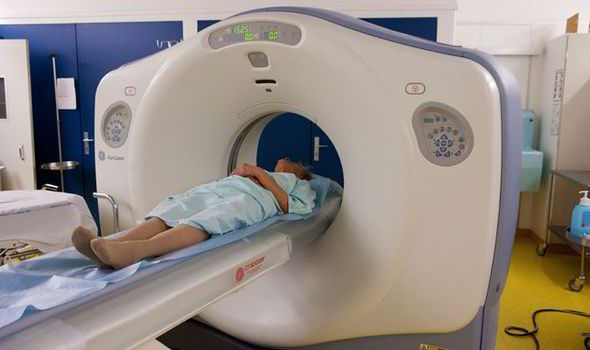New Advancements in Early Diagnosis of Alzheimer’s
 Alzheimer’s disease and other forms of dementia currently affect 47.5 million people worldwide, which is why it is increasingly important to advance our understanding of the disease and its progression in order to find a cure.
Alzheimer’s disease and other forms of dementia currently affect 47.5 million people worldwide, which is why it is increasingly important to advance our understanding of the disease and its progression in order to find a cure.
For the first time, a research team from the University of California, Berkeley was able to track the whole progression of Alzheimer’s disease and the build up of the protein tau in cognitively normal adults, who are alive, by using PET scans. A positron emission tomography scan, or PET scan, is an imaging test that uses a radioactive material to trace a disease. The radioactive tracer is often injected intravenously and travels via the bloodstream to organs and tissues, making them more visible.
In the study, 53 adults were separated into three groups: five adults were between the ages of 20 and 26, 33 were cognitively healthy adults between the ages of 64 and 90, and 15 participants showed early signs of Alzheimer’s and were between the ages of 53 and 77.
Using the PET scans, researchers were able to establish the stages of tau build-up in the brain of all three groups of participants. The results mirrored the stages of tau deposition known as Braak staging, which was developed through autopsies and is used to classify the degree of pathology in Alzheimer’s disease. This study was the first of its kind to show evidence of staging in people who are alive, as well as in people who show no signs of cognitive impairment. The researchers hope this will promote PET scans as a diagnostic tool.
The build-up of tau is one of the hallmark signs of Alzheimer’s disease, along with accumulation of beta amyloid plaques. While build-up of beta amyloid plaques has been considered the main cause of the symptoms of Alzheimer’s disease, research in the last decade has revealed that tau may also play a significant role. However, researchers are still unsure of how the two interact exactly.
The accumulation of the tau protein is a normal part of aging, to a certain extent. Consistent with Braak stages, researchers confirmed in this study that tau accumulated as an individual aged in the medial temporal lobe, an area of the brain that houses the hippocampus, or memory center. The study also found that higher levels of tau accumulation are associated with greater declines in memory and learning, and that when tau spreads to other brain regions, there are greater declines in global function.
The research is an important advancement in early diagnosis of Alzheimer’s; today, a definitive diagnosis of Alzheimer’s is only possible through post-mortem autopsy. Meanwhile, it is important to know that it’s never too early to make positive lifestyle changes to maintain a healthy brain, such as engaging in cognitively stimulating activities, exercising regularly and maintaining a healthy diet. To keep up-to-date on the latest news in brain health research, sign up for the Cognitive Therapeutics monthly newsletter at www.CognitiveTherapeutics.com/Newsroom/.
Sources
http://www.eurekalert.org/pub_releases/2016-03/uoc–psr022516.php

